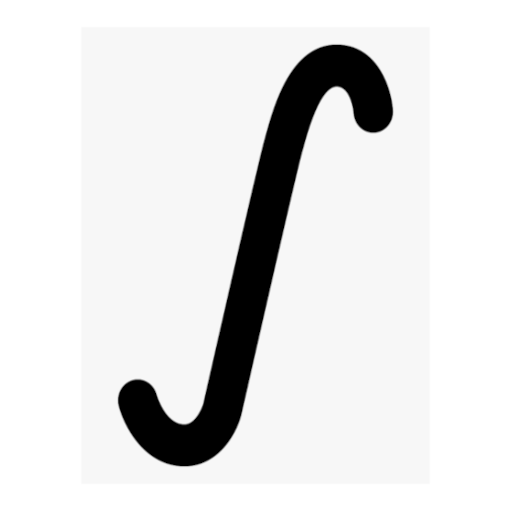We’re playing a game. I flip a coin. If it lands on Tails, I flip it again. If it lands on Heads, the game ends.
You win if the game ends on an even turn, and lose otherwise.
Define the following events:
A: You win the game
B: The game goes on for at least 4 turns
C: The game goes on for at least 5 turns
What are P(A), P(B), and P(C)? Are A and B independent? How about A and C?


solution
Say Omega = N\{0}, sigma algebra is power set of N and the probability mass function is p(n)=2^-n .
Then A is all the even numbers, B all numbers at least 4, C all numbers at least 5.
P(A)=sum2-n = sum2-2n = sum4-n = 1/(1-1/4)-1=1/3
P(B) = P(N\{1,2,3}) = 1 - 1/2 - 1/4 - 1/8 = 1/8
P© = 1/16 similarly
P(A and B) = P(A\{2}) = 1/3 - 1/4 = 1/12 =/= P(A)P(B) therefore not independent
P(A and C) = P(A\{2,4}) = P(A)P© with a similar calculation and therefore independent